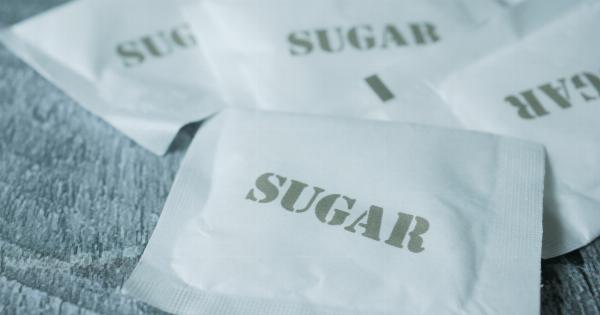Sweetening foods and beverages is a common practice worldwide, and it is a well-known fact that excess sugars cause various health concerns, including obesity, type 2 diabetes, heart disease, and tooth decay.
Over the years, people have been looking for alternatives to sugar that are healthier to consume and tasty at the same time. The new trend in healthy sweeteners has gained recognition in the nutrition world for their low-calorie count and natural properties.
Honey
Honey has been used for centuries as a natural sweetener and a healing agent. It is rich in antioxidants and has antibacterial and anti-inflammatory properties.
Honey has a low glycemic index (GI) value, making it a suitable sweetener for people with diabetes. However, honey is still high in calories, so it should be consumed in moderation.
Stevia
Stevia is a calorie-free sweetener derived from the leaves of the Stevia rebaudiana plant. It is much sweeter than sugar and has a negligible effect on blood sugar levels. Stevia has been shown to reduce blood glucose levels in diabetic patients.
Studies show that stevia is a safe and effective alternative to sugar and other artificial sweeteners.
Monk Fruit
Monk fruit is another natural sweetener that is low in calories and has a low GI value. It is extracted from the monk fruit plant, which is native to China.
Monk fruit has been used in traditional Chinese medicine for centuries to treat illnesses like diabetes and obesity. Monk fruit is a safe alternative to sugar and artificial sweeteners, as it is chemically stable and does not break down during cooking or baking.
Agave Syrup
Agave syrup is a natural sweetener derived from the Agave tequilana plant. It has a low glycemic index value and is high in fructose. However, some types of agave syrup are highly processed and may contain added sugars and chemicals.
Xylitol
Xylitol is a sugar alcohol that is found in some fruits and vegetables. It has a low glycemic index value and is commonly used as a sugar substitute.
Xylitol has been shown to reduce the risk of tooth decay, making it a popular ingredient in chewing gums, toothpaste, and mouthwash. However, excessive consumption of xylitol can cause digestive issues.
Erythritol
Erythritol is another sugar alcohol that is used as a sugar substitute. It is commonly found in low-carb and sugar-free products. Erythritol has a negligible effect on blood sugar levels and is safe for people with diabetes.
It also has no adverse effects on cholesterol and triglyceride levels.
Molasses
Molasses is a byproduct of the sugar manufacturing process. It is rich in vitamins and minerals like iron, calcium, and potassium. Molasses has a lower glycemic index value than sugar, making it a healthier alternative.
However, molasses is still high in calories and should be consumed in moderation.
Maple Syrup
Maple syrup is a natural sweetener that is derived from the sap of maple trees. It is rich in antioxidants and has a lower glycemic index value than sugar. However, maple syrup is still high in calories and should be consumed in moderation.
Coconut Sugar
Coconut sugar is a natural sweetener derived from the sap of coconut palm trees. It has a lower glycemic index value than sugar and is rich in vitamins and minerals like iron, zinc, and potassium.
Coconut sugar has a caramel-like flavor and works well in baking and cooking.
Conclusion
Healthy sweeteners are gaining new recognition in the nutrition world for their low-caloric count and natural properties.
People who seek healthier alternatives to sugar have a wide range of options to choose from, including honey, stevia, monk fruit, agave syrup, xylitol, erythritol, molasses, maple syrup, and coconut sugar. However, it is crucial to consume these sweeteners in moderation, as excessive sugar intake can lead to various health concerns.






























